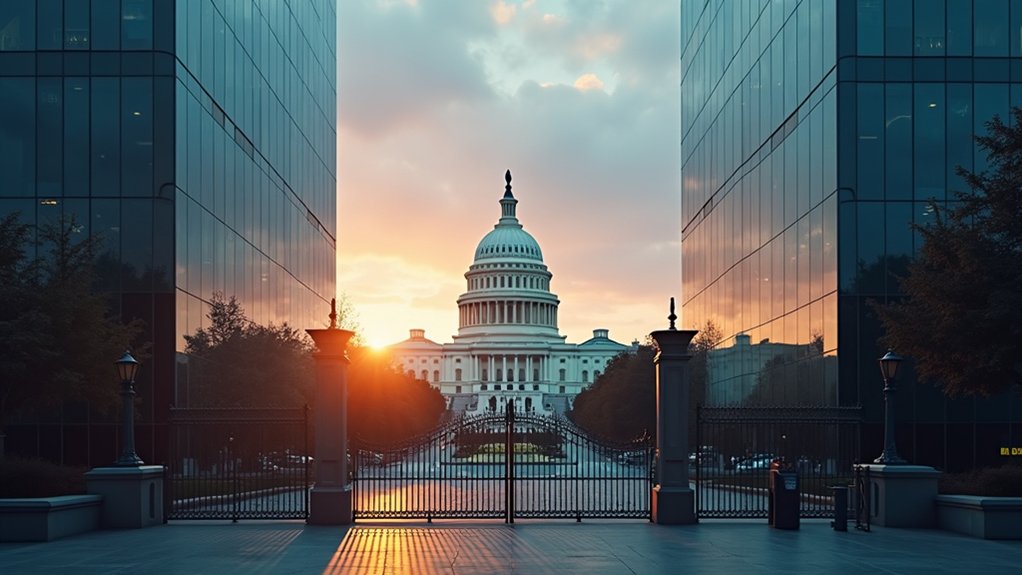Although the move stops short of conventional banking activities, Coinbase’s October 3, 2025 application to the Office of the Comptroller of the Currency for a U.S. National Trust Company Charter establishes a Charter Timeline and prompts immediate consideration of Stakeholder Impact, situating the firm within a cohort of crypto firms seeking federal charters and initiating a sequence of regulatory milestones that will determine the scope and tempo of its operational shift. The application, which would consolidate disparate state-level trust licenses under a single federal supervisor, is presented as a strategic recalibration intended to broaden custody and payments capabilities while explicitly avoiding deposit-taking and lending functions, thereby preserving a legally distinct fiduciary posture rather than converting Coinbase into a conventional depository institution. By aligning with contemporaneous filings by Circle, Paxos, and Ripple, Coinbase conveys market signaling aimed at institutional investors and counterparties, with anticipated benefits including enhanced regulatory clarity, reduced compliance fragmentation, and a more predictable supervisory interface for complex digital asset products. Under the proposed charter, Coinbase would gain the capacity to manage fiat currency inflows and outflows directly, decreasing reliance on correspondent banking relationships and third-party on- and off-ramps, which, from an operational risk perspective, could materially improve settlement resilience and counterparty exposure management while introducing novel regulatory compliance responsibilities tied to fiduciary custody and payments oversight. This aligns with OCC guidelines designed to foster innovation while maintaining oversight similar to banking guidelines. The regulatory framework envisaged by the OCC filing is constructed to permit continued innovation within defined guardrails, enabling the development of hybrid financial instruments and integrated payment solutions that bridge traditional finance and crypto markets, subject to federal examination processes that may demand enhanced capital, liquidity, and operational controls. Critically, the charter’s statutory limitations, which do not authorize deposit-taking or lending, preserve a formal boundary between Coinbase’s intended business model and commercial banking activities, yet the practical consequences for market structure include potential precedent effects that could accelerate institutional adoption, influence competitive positioning among fintech and crypto firms, and recalibrate stakeholder expectations regarding compliance, governance, and the fiduciary obligations incumbent upon federally chartered trust institutions. The filing underscores Coinbase’s continuity with its regulated custody operations and regulatory maturity. The submission was filed with the OCC as part of an effort to consolidate oversight under a single federal regulator.
Author
Tags
Share article
The post has been shared by 0
people.









